US summit on democracy while Kashmir boils over is blatant hypocrisy
The upcoming US initiated “summit for democracy”, which is to be hosted by the US, and the list of invitees from South Asia, raises more questions than it answers.
The recent spate of civilian killings and arbitrary detentions in Indian controlled Kashmir is fueling a new spell of unrest in the Himalayan region.
Soon after assuming office in January, US President, Joe Biden, announced his plan to hold a virtual summit for democracy to "push back on authoritarianism".
With the list of the invitees out this week, critics are wondering whether it's a summit for democracy or hypocrisy.
From South and Central Asia the invitees include India, Pakistan and Nepal, who all share borders with America's main rival, China. Some see this as a tactical move to woo these countries in order to counter China's growing influence in the region.
The much hyped virtual summit for democracy, scheduled for December 9th to 10th, revolves around the three key themes of defending against authoritarianism, addressing and fighting corruption and promoting respect for human rights, according to a US State Department statement.
American strategic interests
But that's just one side of the story. The other side reveals America's global hegemonic ambitions and the desperation to contain China, which is clearly evident from the list of invitees, especially in the South Asia region.
The Summit brings together nascent democracies, as well as authoritarian states, depending on the whims and fancies of policy "specialists" in Washington and America's strategic interests.
India and Pakistan, the two regional stalwarts who exert a considerable influence on the international stage, have both been invited.
Nepal has also been invited despite a poor democracy record. Interestingly, all three countries share borders with China, America's chief rival.
The Maldives, which has emerged as a key battleground for India China rivalry, also figures on the list.
Bangladesh and Sri Lanka have been snubbed, which points to the possible direction of future US policy in South Asia.
For Bangladesh, It is an outright humiliation to be seen as being less democratic than many other US allies.
The omission of Sri Lanka has been attributed to Prime Minister Rajapaksa's growing camaraderie with Beijing.
Afghanistan's exclusion was expected but who's responsible for the erosion of democracy there? The US Military Industrial Complex.
The list of invitees for the so called democracy Summit, to be hosted by the chief saboteurs of democracy worldwide, The USA, is packed with snubs, and surprises.
While China and Russia are surprisingly omitted, India and Pakistan are both included. invitations to the estranged South Asian neighbors has less to do with democracy and more to do with America's strategic interests and growing rivalry with China. While the Indian Premier, Narendra Modi, is likely to attend the summit, Pakistan hasn't taken the call yet.
Invitations to India and Pakistan for the so called democracy summit did not come out of the blue, as the Biden administration has stepped up efforts to woo the two countries following the botched US exit from Afghanistan, it also has to be seen in the context of China's growing influence in the region.
India has traditionally dismissed global concerns over issues of democracy and human rights, describing them as internal matters.
In the last few years New Delhi's brutal clamp down in the Jammu and Kashmir region, anti Muslim violence in New Delhi, and protests over controversial farm bills and a citizenship Amendment Act drew global condemnation.
But in view of the rapidly changing geopolitical dynamics in the region, Washington sees New Delhi as a key ally.
On the other hand, Pakistan has been under intense scrutiny over issues related to the rule of law, terrorism, security of minorities and endemic corruption.
Imran Khan's government is beset with problems ranging from homegrown terrorism to shaky political military alliances. But as Afghanistan's closest neighbor, and China's all weather ally, engaging with Islamabad has become a necessity for Washington.
The invitation though, has put Islamabad in a tight spot as it doesn't want to give arch rival India a free hand at the summit. At the same time, it doesn't wish to antagonize Beijing.
Jeremy Kuzmarov specializes in US foreign policy and modern US history.
The list of invitees for the much hyped democracy summit raises a lot of questions, the first of which would be whether it has been designed to promote democracy or America's strategic interests?
Russia and China issued a statement criticizing the summit because, they argue, it reflects a kind of cold war mentality, an attempt by the United States to divide the world between good and bad democracy versus authoritarianism... countries aligned with China and Russia. And Russia and China are authoritarian, and the US and its friends are beacons of democracy.
And you know, it's really a very simplistic view of the world. I mean, there's a lot of shades of grey and a lot of the countries allied with [the] US, you know, problematic democracies, if they are democracies at all. Countries like the Congo and India I mean, there are many examples, in Colombia, in Latin America has a terrible human rights record.
And these are all countries invited to the democracy summit and then I mean, the United States itself, there are many problems within the United States.
And people are seeing that the United States itself is not a model democracy.
We have seen the January six capital riots. We've seen the growing role of money in politics.
And then you feel the US has evolved more toward an oligarchy than a democracy.
Jeremy Kuzmarov, Covert Action Magazine, Tulsa
Many see the summit as a politically driven project to contain China, which is challenging Americans global hegemony, what’s your take on this?
The invitation of Taiwan was very controversial and that certainly has rankled the Chinese. And it kind of reinforces that this is very politicized, and that, you know, the countries invited are selected more for political reasons than them being model democracies.
And I think [there is] ground for criticisms. And yeah, you can also look, I mean, India's far from a model democracy, the Modi government has oppressed the Muslim population within India, you know, they received an invitation.
A country like Nepal largely, again, for political reasons. So I think you know, China has reason to be suspicious of this and that the US is just trying to build a block around China and trying to present themselves favorably before the world as a beacon of democracy and to present China and Russia very negatively.
Jeremy Kuzmarov, Covert Action Magazine, Tulsa
India is attending the summit but there are reports about Pakistan consulting their close ally Beijing on Islamabad's participation. Has this put Islamabad in a tight spot?
Yeah, I think this is much like in the Cold War. Its forcing countries to choose a side; which side they are on; it’s facilitating divisions between countries. And that's very dangerous.
We can look back in history on the First World War, started because of these alliances, pitting groups of countries against other groups of countries.
So hopefully, we won't have a repeat of the First World War. But this is a dangerous direction that this could inevitably lead to a major world war.
Jeremy Kuzmarov, Covert Action Magazine, Tulsa
What is your overall assessment of the summit? Do you think the Americans have the moral authority to preach democracy, especially when their own democracy is in crisis?
Yeah, I think that's very self serving. I mean, I think the United States wants to assert moral legitimacy as the world leader, and it wants to sustain the era of unipolar or US world power, but I think we're living increasingly in a multipolar world order.
And countries like Russia and China becoming more powerful, more influential, and alternative economic bloc's are developing to undercut US power and influence and more multipolar era.
And so the United States, I think, isn't fooling anybody anymore, because the world can see the double standards of the United States when it comes to human rights and democracy, and many of their allies do have very poor records in this area, or mixed records, and that the United States itself [is a] very flawed democracy with a bad human rights condition in its prisons.
And we've seen some embarrassing US leaders, like Donald Trump, an embarrassment for the United States, and the world was left wondering how somebody like him could get elected.
And you know, the more people look into American politics they see it as an amoral oligarchy dominated by big money interests.
So I think the rhetoric of the US and this attempt to present themselves as moral beacon is failing and the world will be moving more toward multi-polarity.
Jeremy Kuzmarov, Covert Action Magazine, Tulsa
Indian controlled Kashmir is once again on the boil after a spate of killings in recent weeks. The Himalayan region has been rocked by protests with people accusing Indian forces of murdering Kashmiri civilians in fake encounters and passing them off as militants.
In two separate incidents at least seven people were killed within two weeks in the regions summer Capitol, Srinagar. Although authorities have ordered a magisterial inquiry into the killings, local Kashmiris see no hope for justice.
On November 15, four people were gunned down in an alleged encounter by Indian forces in Srinagar. The police claimed the slain men were militants or associates but families of the victims allege that the gunfight was staged and civilians were used as human shields.
The security forces took my father inside the building, not once but twice, on the third turn he did not return and they say he was killed in crossfire.
Now that they have killed my innocent father, they must return his dead body.
Noha Altaf, Daughter of Victim
Authorities then refused to return the bodies which sent ripples of outrage across the region with both pro India and pro freedom groups taking to the streets in protest.
Authority say he was involved with fighter and killed in crossfire. We know he was an innocent, now that he is dead, at least return his dead body; the police have denied us his last rights.
Relative of Victim
In another incident on November 24, police killed three young men in Srinagar dubbing them militants. Local witnesses, however, disputed the police version of events and said there was no exchange of fire and the slain men were innocent civilians.
The incident further fueled anger and outrage across the region. Reacting to the two incidents, the region's former Chief Minister, Mehbooba Mufti, said the official version of the incident was far from the truth and legitimate doubts loomed over the actions of the Indian police force.
The Pro freedom conglomerate who attended the conference unequivocally denounced the violence although authorities have ordered an inquiry into the incident, families, as well as local human rights groups; believe such enquiries are eyewash to calm tempers.
Hundreds of such magisterial inquiries have been conducted over the years into incidents of custodial killings, fake encounters and human shield incidents, rape and molestation, but those reports have never seen the light of day.
Arbitrary detentions in Indian controlled Kashmir have seen an alarming surge since the abrogation of the region’s special status by the right wing BJP government in New Delhi two years ago. Many political figures, human rights activists, and journalists, have been detained under various draconian laws.
On November 22, a prominent Kashmiri human rights defender, Khurram Parvez, became the latest to be detained by Indian authorities under an anti terror law, which drew widespread condemnation from global human rights organizations. The arrest came days after the civilian killings, which Parvez's organization had condemned.
Being one of Kashmir's most eminent human rights activists Khurram Parvez is no stranger to police raids. It must have been a déjà vu moment for him on the chilly afternoon of November 22 when officials of India's federal counterterrorism agency, NCTC, raided his home and office in Srinagar.
He was arrested on charges of funding terrorism, criminal conspiracy, and waging war against the state, under a much abused counterterrorism law frequently used against critics of the government.
Parvez, who is programme coordinator of the Jammu and Kashmir coalition of civil society, and president of the Asian Federation Against Involuntary Disappearances, has widely documented human rights abuses in the Himalayan region for more than two decades, which has often earned him the wrath of the various security agencies in India.
In 2016 he spent over two months in jail after being prevented from flying to Geneva for a UN Human Rights Council meeting.
Once again, in 2020, he was one of those targeted in counterterrorism raids. The arrest of Parvez comes amid the growing crackdown on civil society groups and media in the contested region.
The authorities are accused of using anti terror laws against activists, journalists, protesters and even social media users.
In October 2020, the UN High Commissioner for Human Rights, raised the alarm over this and urged the authorities to free people held for simply exercising basic human rights. The call, as expected, fell on deaf ears.
As we've seen, there has been a spate of killings in Indian controlled Kashmir in recent weeks, with people accusing police of killing civilians and dubbing the innocents slain as militants. So what is the truth?
Well, the truth is that there is a resistance movement in Kashmir and this resistance is for [the] right to self determination, its right to Free Speech, have free, all kinds of freedoms that usual people have.
And for the resistance movement in Kashmir and this resistance is for right to self determination. It's right to have free speech. Have all kinds of freedoms that people usually have.
And for the government of India, all of these things are anathema, they think everything that Kashmiris are doing is anti sovereignty of India and all of that, and as a result, what's happening is that a condition has been created by this military occupation in which everything that the Kashmiris do, from the minimal level of breathing that they might do, to showing the resistance in some form, whether that be armed or that be intellectual or that be, you know, doing activism for people's rights. That is the truth.
The truth is it's a military occupation, and that the government of India is cracking down on Kashmiris for seeking their freedom and their [right to] self determination.
Ather Zia Associate Professor of Anthropology and Gender Studies at the University of Northern Colorado
A magisterial inquiry has been ordered by regional authorities into one of the incidents but the families call it "eye wash", what has brought about this lack of trust?
Well, one thing that the world needs to understand is that there is no lack of trust between India and Kashmir; there is no trust so to speak, so let's begin with that, there was no trust deficit.
Kashmiris don't want India and after 2019 even India's own collaborators have understood how vicious, how tyrannical, and neocolonial India is. So the Imperial heart of India has been seen by everyone and I think the global community has also seen it.
So whether it be a magisterial inquiry, which is the government's own people inquiry, or it be a judicial inquiry, both of them are pretty much the same, because both of them have, you know, created their own terrorism, their own brand of state terrorism for people because they are props, they are props to the occupation.
So it's not about trust. It's about occupation.
It's about military occupation, cracking down on people, creating these human rights violations and then some format of this government machinery coming forth and saying, let's have a probe, let's have a judicial [hearing].
Kashmiris have seen hundreds of probes that have produced no results whatsoever, hundreds of probes, and some by the local government, and some by different bodies, but nothing has ever produced anything.
And I think it's high time we take into cognizance and we do not use the word trust between Kashmiris and India. There is no trust so to speak.
Its out and out Indian military occupation that has been there for the last 74 years and that needs to be addressed and we need to understand India's neocolonialism.
Ather Zia Associate Professor of Anthropology and Gender Studies at the University of Northern Colorado
The government crackdown on activists, journalists and protesters has intensified in the contested region, what is the objective in your opinion?
The objective is the repression of Kashmiri people, to make sure that the resistance movement is completely silenced; all types and formats of resistance movements.
The Kashmiri resistance movement is cultural and they're making sure that they are trying to, you know, repress Kashmiris in all forms and manner and ... from 1947 onwards, many, many laws have been passed that have essentially criminalized Kashmir's resistance movement.
And what we see now is not something that's happening in this moment, this has been happening for the last 74 years. In the last 34 years it has been increasing.
And now we see the most repression that could happen that is kind of right now wreaked on Kashmiri people and Kashmiri society. And as part of that, journalists are the canaries in the coal mine.
So what they did in 2020 was they passed a law which was, technically, a media gag. So they created conditions that media cannot even properly report from the places where some fights are taking place.
They made sure that journalists are essentially also booked under these terror laws. They also made sure that the bureaucrats are the ones who are deciding what is fake news, what is, you know, incitement.
So the journalists have slowly and slowly faced the censorship that had been already going on, and they had been working under extremely terrible conditions.
But from 2020 onwards, everything is institutionalized. So now you have that kind of a condition created where no one can report what's happening inside. Whatever is trickling out is really minimal. And at the same time, you're cracking down on activists.
So no one can actually report to the outside world what’s happening inside, the basic human rights violations, the tyranny, the cruelty of this Indian military occupation that's happening, nobody can really report in the manner that they need to.
So now the conditions are perfect, you know, anyone who can report from inside Kashmir to the rest of the world has to show [the] government of India in a positive light, otherwise they will be thrown in jail. So what we see they created this condition, they institutionalize that nothing can go out [or be] reported without being vetted by the government.
And as a result, the condition that has been created inside Kashmir at this present moment is one of extreme tyranny that people are being killed in state encounters, which is nothing new.
Ather Zia Associate Professor of Anthropology and Gender Studies at the University of Northern Colorado
One killed as Israeli airstrike hits southern Lebanon amid truce breaches
Iran says it has enough deterrence without nukes
EU’s IRGC listing shows elite force effective in foiling Israeli plots: Yemen
VIDEO | Europe hostile move against IRGC
VIDEO | Zionists against the NHS
Trump compromised by Israel, Epstein files reveal
Iran, China, and Russia to hold joint naval exercise
Leader visits Imam Khomeini’s mausoleum ahead of 47th anniversary of Islamic Revolution


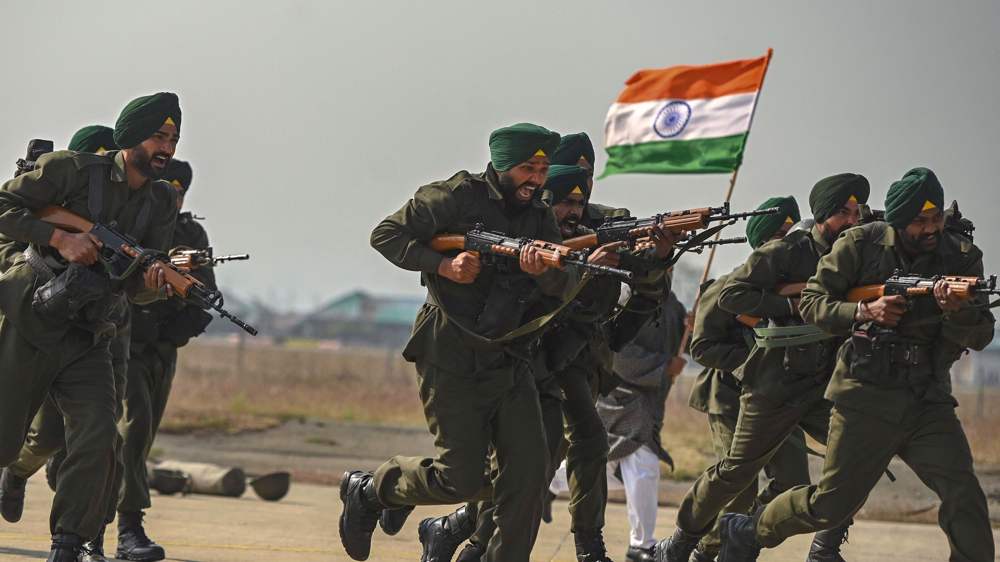
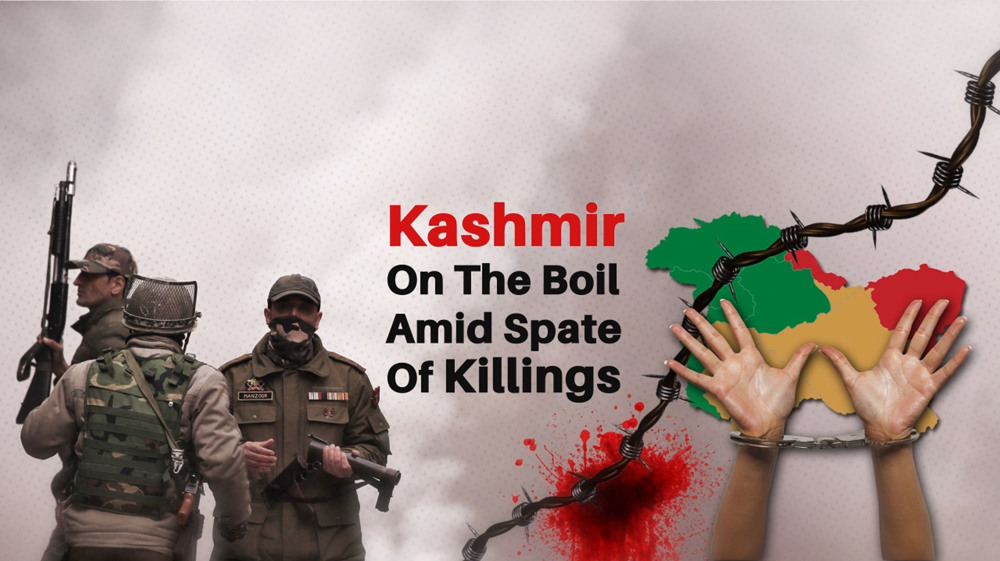
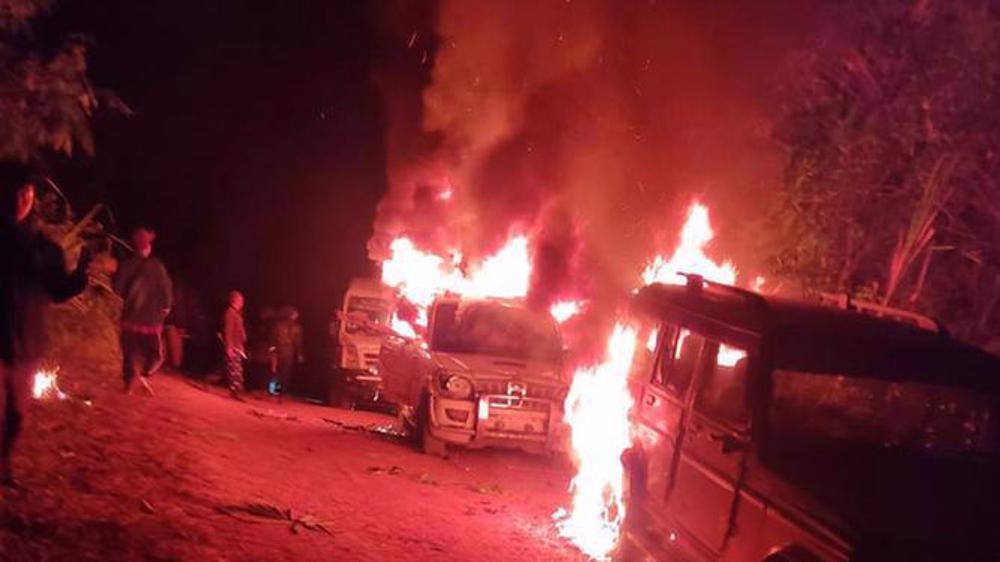
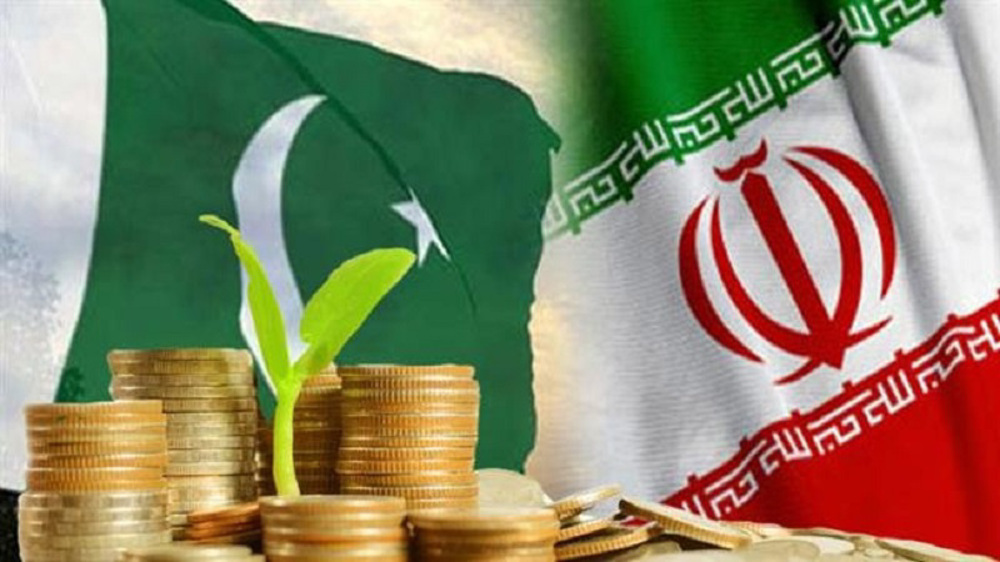
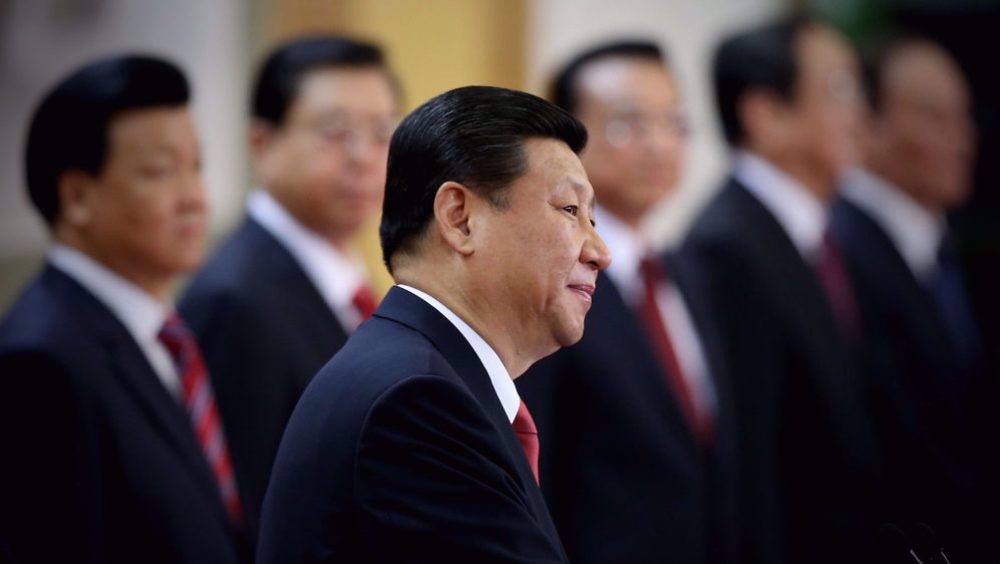
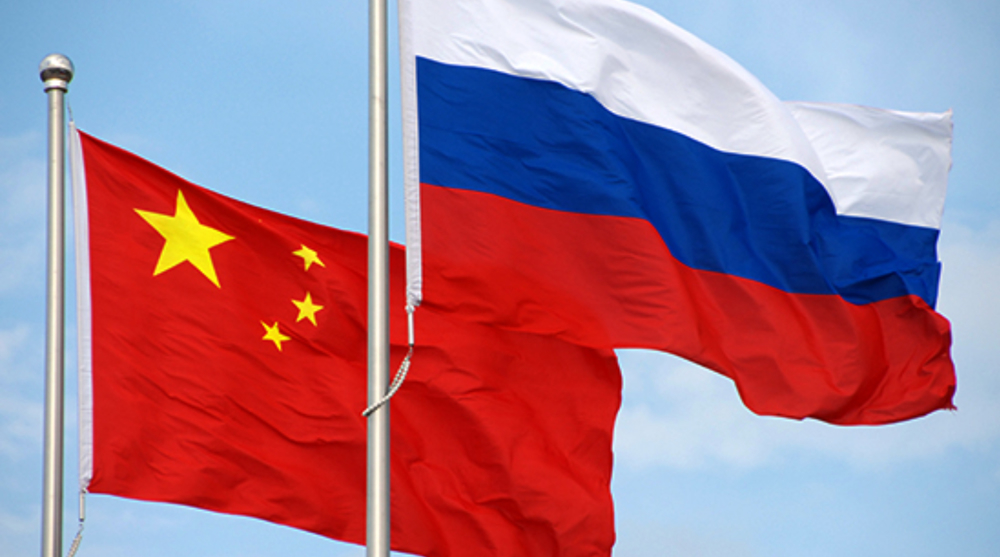
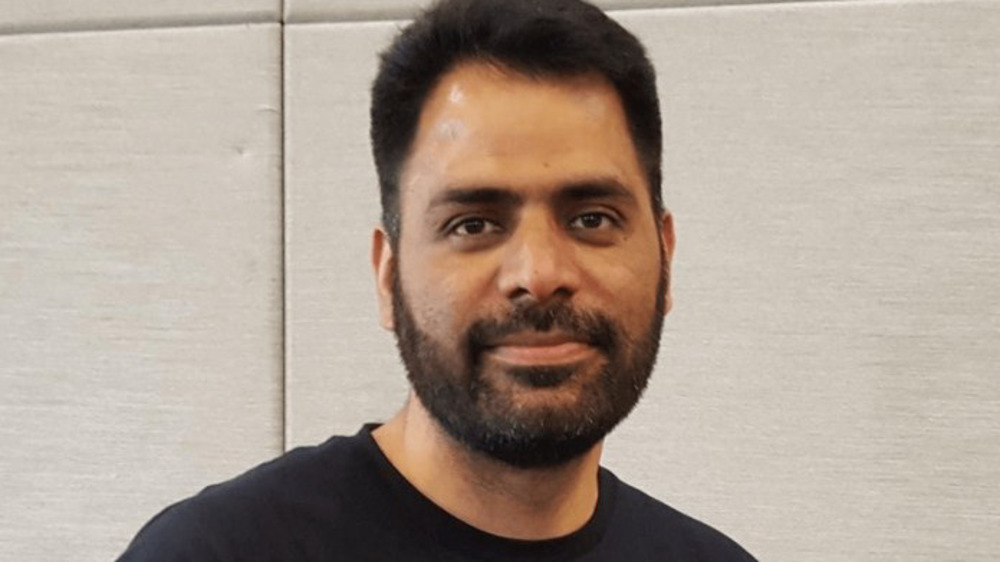
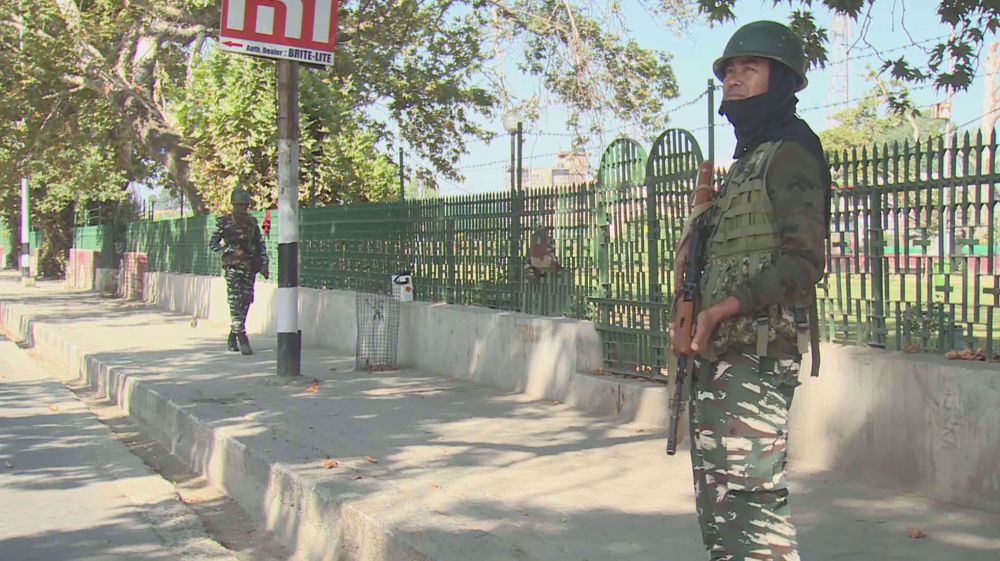
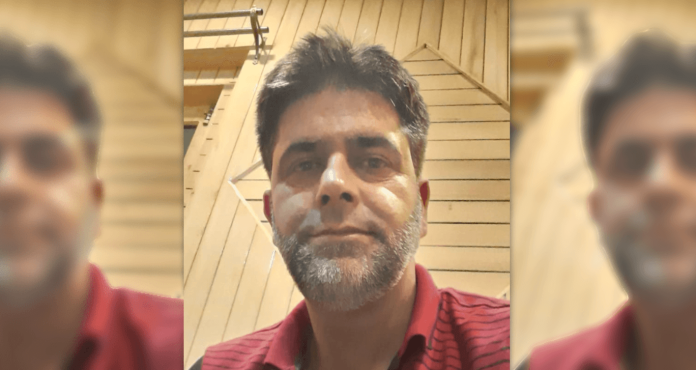
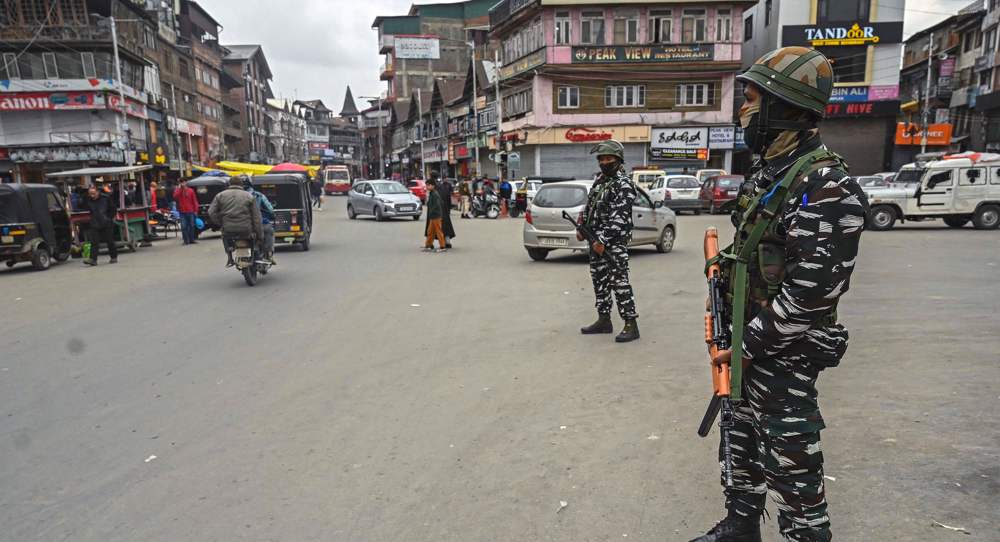
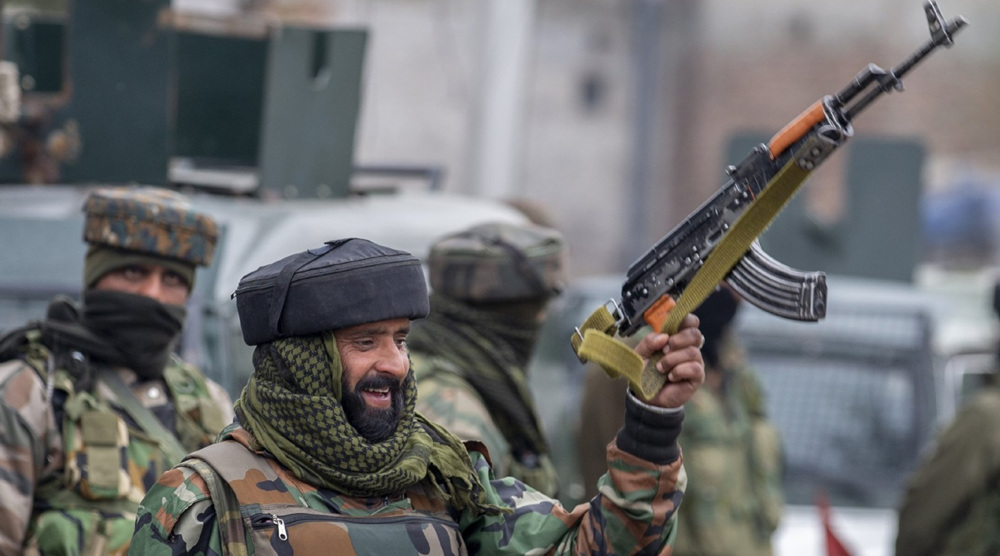
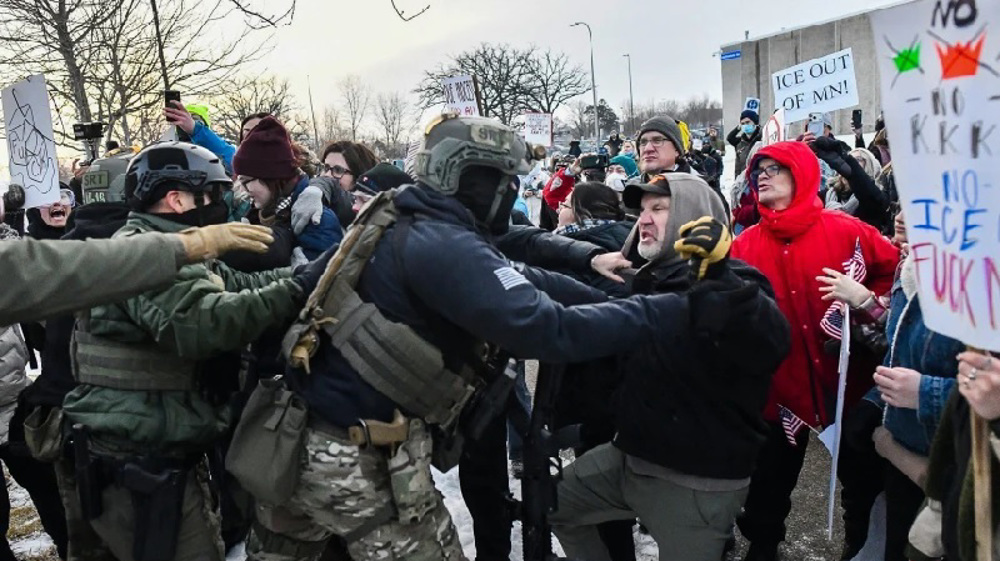

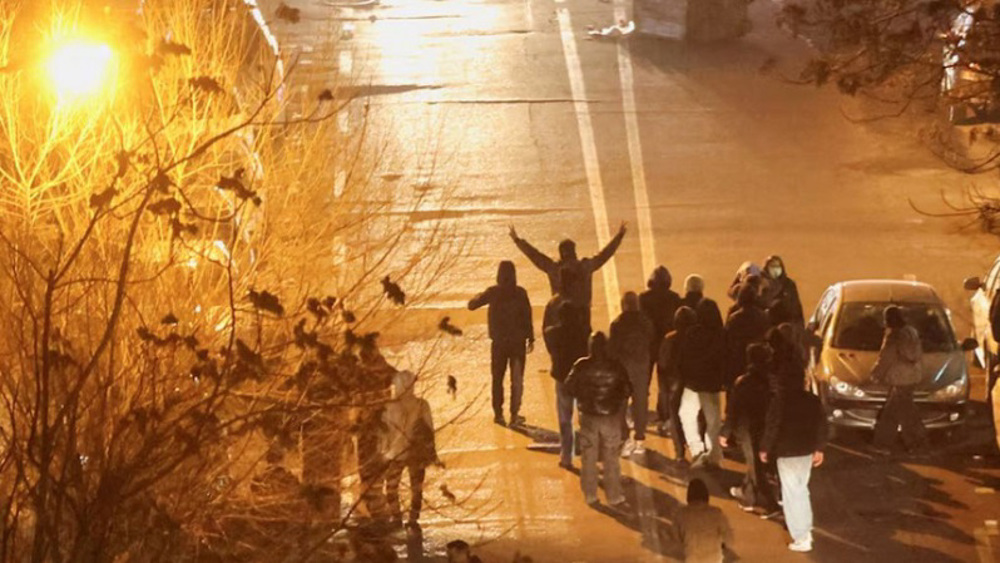



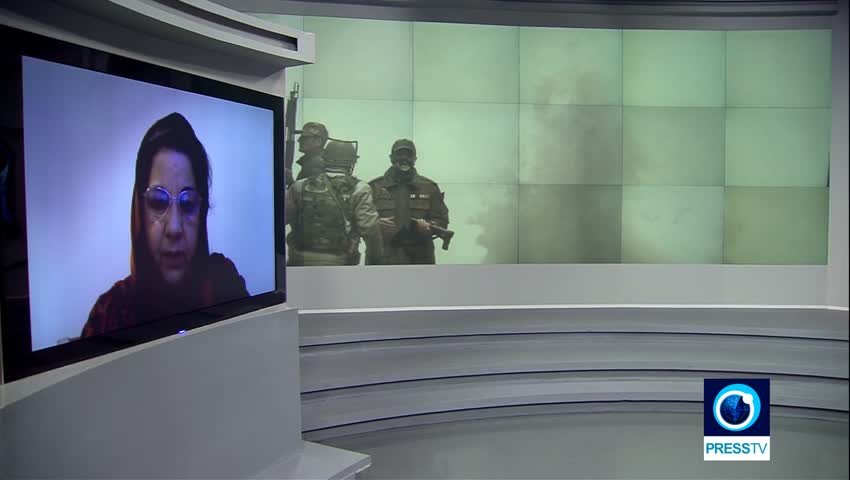
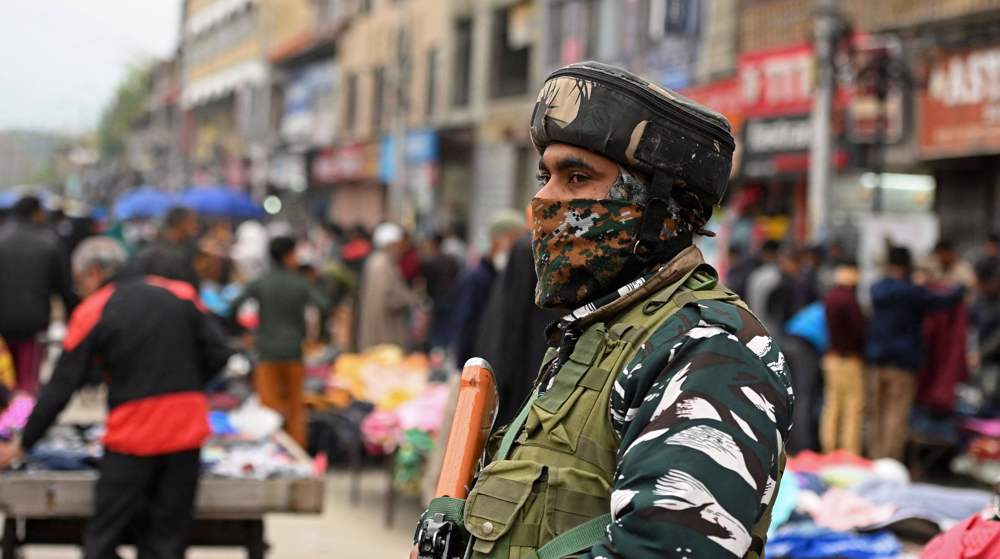
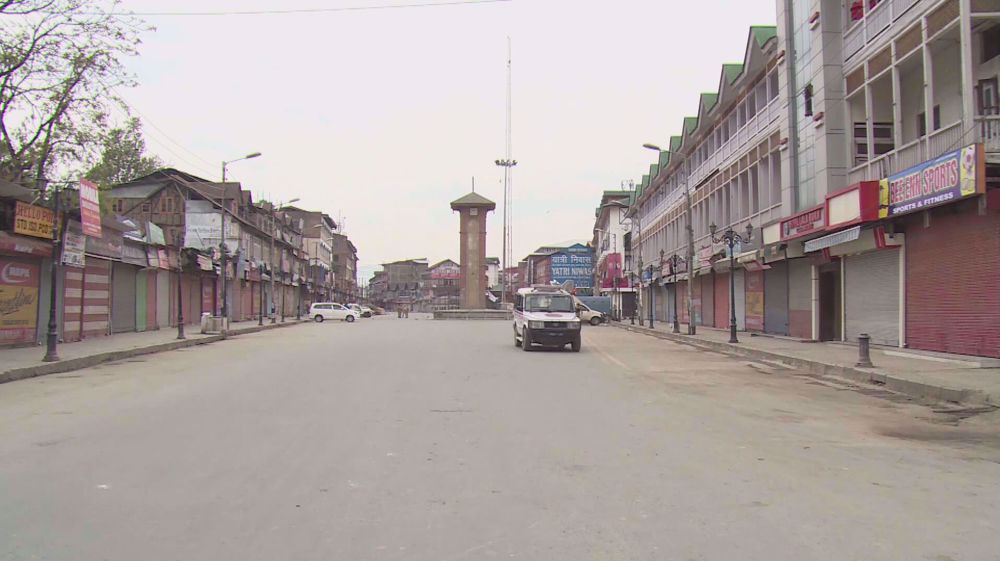
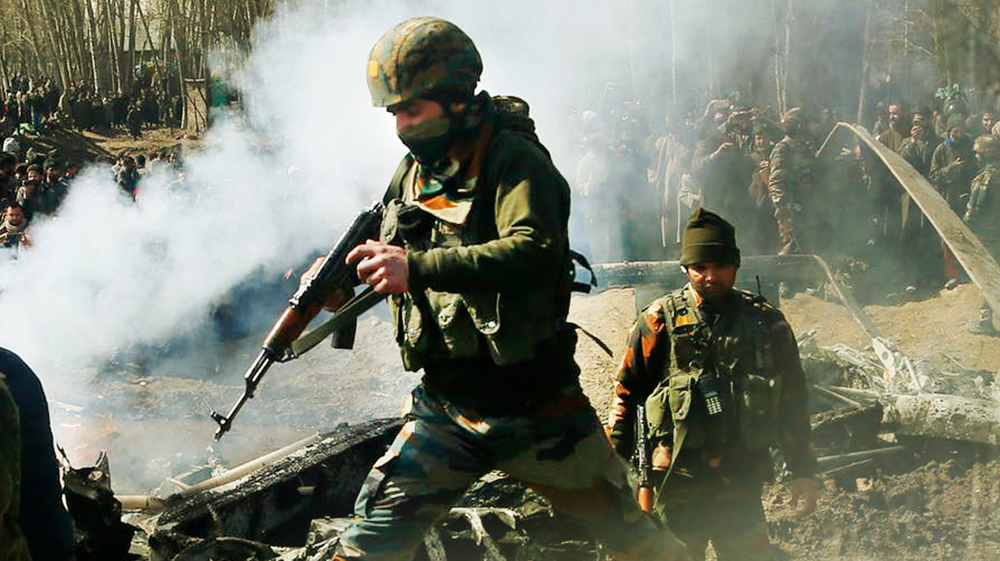
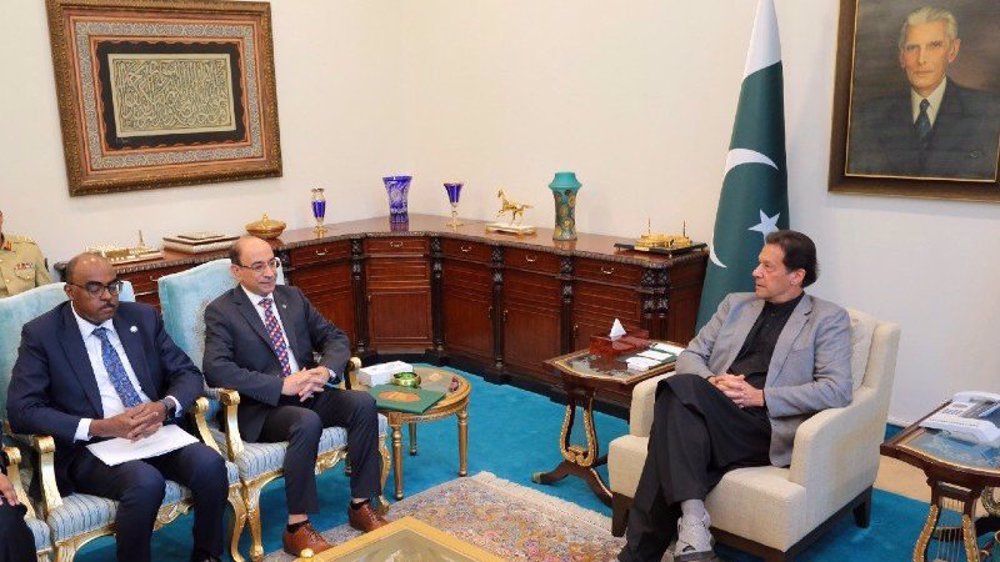
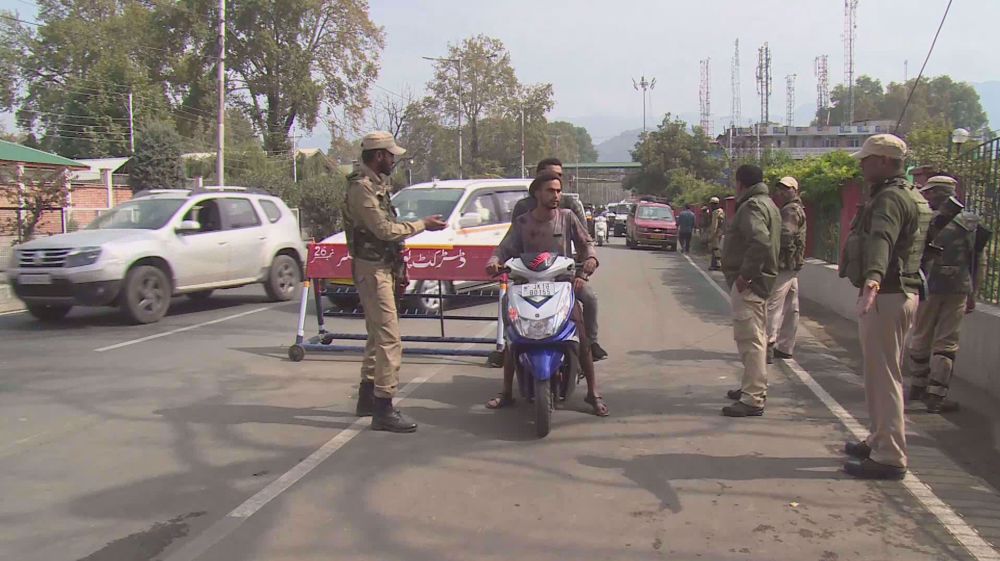
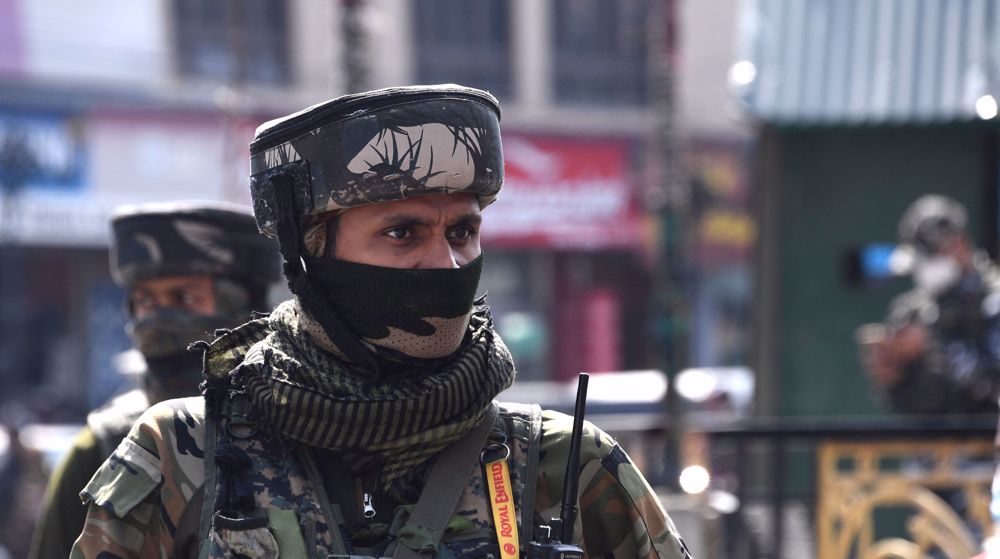

 This makes it easy to access the Press TV website
This makes it easy to access the Press TV website